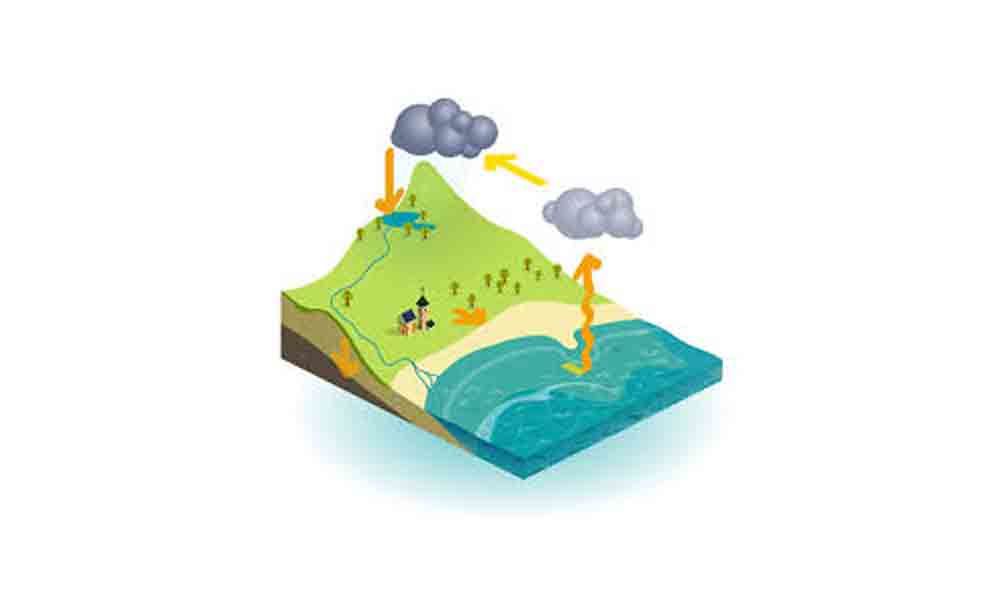Live
- Human Metapneumovirus(HMVP): A Growing Respiratory Concern!
- Lohri 2025: Celebrating the First Lohri After Marriage
- Lohri 2025: Date, Timings, Rituals, Significance, and Everything You Need to Know
- B. Jaya: Remembering a Prominent Telugu Film Director on Her Birth Anniversary
- APPSC announces exam dates for eight job notification
- KLH Aziznagar Campus Sets Benchmark with New Data Analytics Training Program
- Royaloak opens its new store in Srikakulam, expanding footprint with 172nd store in India
- UFlex Partners with IIP Delhi to Promote Recycling Awareness and Sustainable Innovations
- Shark Tank Judge Azhar Iqubal Launches Fenado AI for No-Code App and Website Building
- Redmi 14C 5G Series Goes On Sale In India Starting Today









